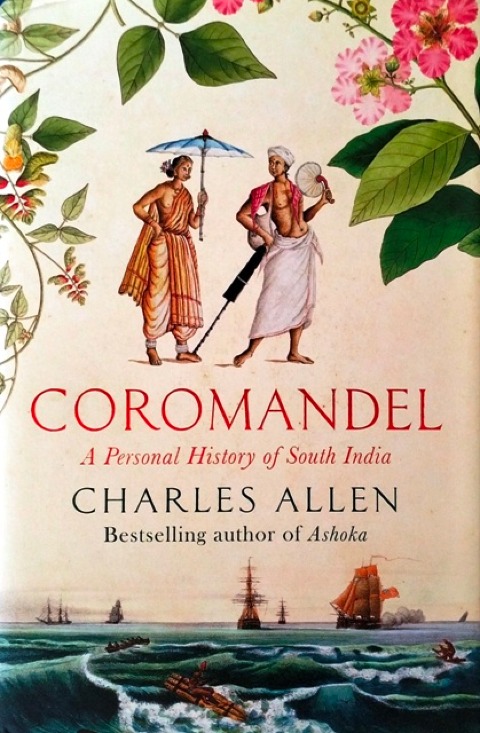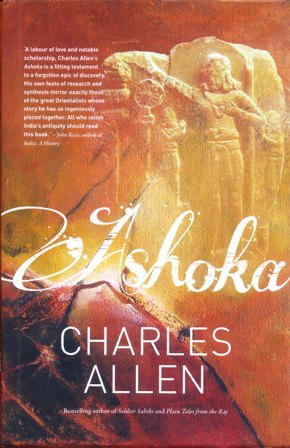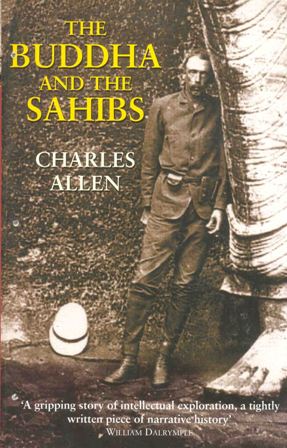-
Coromandel A Personal History Of South India
COROMANDEL. A name which has been long applied by Europeans to the Northern Tamil Country, or (more comprehensively) to the eastern coast of the Peninsula of India. This is the India highly acclaimed historian Charles Allen visits in this fascinating book. Coromandel journeys south, exploring the less well known, often neglected and very different history and identity of the pre-Aryan Dravidian south. During Allen's exploration of the Indian south he meets local historians, gurus and politicians and with their help uncovers some extraordinary stories about the past. His sweeping narrative takes in the archaeology, religion, linguistics and anthropology of the region - and how these have influenced contemporary politics. Known for his vivid storytelling, for decades Allen has travelled the length and breadth of India, revealing the spirit of the sub-continent through its history and people. In Coromandel, he moves through modern-day India, discovering as much about the present as he does about the past.
-
Ashoka.
One of India's mightiest emperors, Ashoka Maurya has a special place in history. In his quest to govern India by moral force alone Ashoka turned Buddhism from a minor sect into a world religion and set up a new yardstick for government which had huge implications for Asia. But his brave experiment ended in tragedy and his name was cleansed from the record so effectively that he was forgotten for almost two thousand years. But a few mysterious stone monuments and inscriptions survived, and the story of how these keystones to the past were discovered by British Orientalists and their mysterious lettering deciphered is every bit as remarkable as their author himself. Bit by bit, fragments of the Ashokan story were found and in the process India's ancient history was itself recovered. In a wide-ranging, multi-layered journey of discovery that is as much about Britain's entanglement with India as it as about India's distant past, Charles Allen tells the story of the man who was arguably the greatest ruler India has ever known
-
The Buddha And The Sahibs
Today there are many Buddhists in the West, but for 2000 years the Buddha's teachings were unknown outside Asia. It was not until the late 18th century, when Sir William Oriental Jones, a British judge in India, broke through the Brahmin's prohibition on learning their sacred language. Sanskrit, that clues about the origins of a religion quite distinct from Hinduism began to be deciphered from inscriptions on pillars and rocks. This study tells the story of the search that followed, as evidence mounted that countries as diverse as Ceylon, Japan and Tibet shared a religion which had its origins in India yet was unknown there. British rule brought to India, Burma and Ceylon a whole band of enthusiastic Orientalist amateurs - soldiers, administrators and adventurers - intent on investigating the subcontinent's lost past. Unwittingly, these men helped lay the foundations for the revival of Buddhism in Asia during the 19th century and its spread to the West in the 20th. Charles Allen's book is a mixture of detective work and story-telling, as this acknowledged master of British Indian history pieces together early Buddhist history to bring a handful of extraoridinary characters to life.



